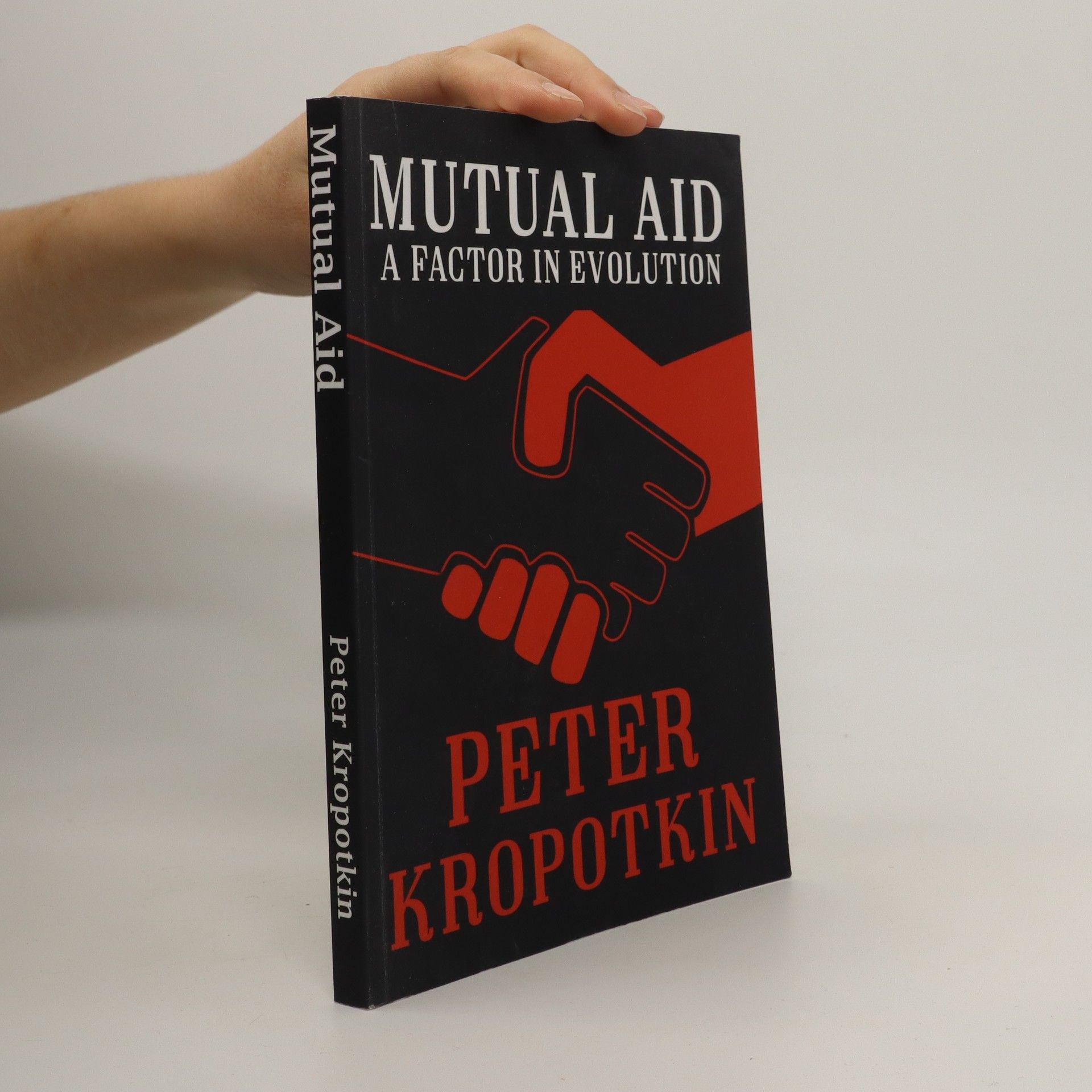In this powerful and thorough debunking of Social Darwinism, the author explains how mutual cooperation within species ensures that those species survive and flourish, in animals as well as in humans. This is an important book to read for those interested in leftist thought, whether socialism, communism, or anarchism. We are stronger together.
Petr Alekseevich Kropotkin Boeken




Kropotkin: 'The Conquest of Bread' and Other Writings
- 299bladzijden
- 11 uur lezen
The Conquest of Bread is Peter Kropotkin's most detailed description of the ideal society, embodying anarchist communism, and of the social revolution that was to achieve it. Marshall Shatz's introduction traces the evolution of Kropotkin's thought, and the volume also includes a number of his shorter writings.
Focusing on the golden age of Russian literature, this work by Peter Kropotkin, a renowned anarchist and exile, offers a unique perspective on the nation's literary history. It highlights significant authors and movements, showcasing the richness and depth of Russian writing during this pivotal period. Kropotkin's insights provide a blend of personal experience and scholarly analysis, making it a valuable resource for understanding the cultural and historical context of Russian literature.
Fields, Factories and Workshops; Or, Industry Combined with Agriculture and Brain Work With Manual Work
in large print
- 492bladzijden
- 18 uur lezen
The publishing house Megali focuses on making historical works accessible by reproducing them in large print, catering specifically to individuals with impaired vision. This approach emphasizes inclusivity and the importance of preserving and sharing historical texts in a format that enhances readability for all.